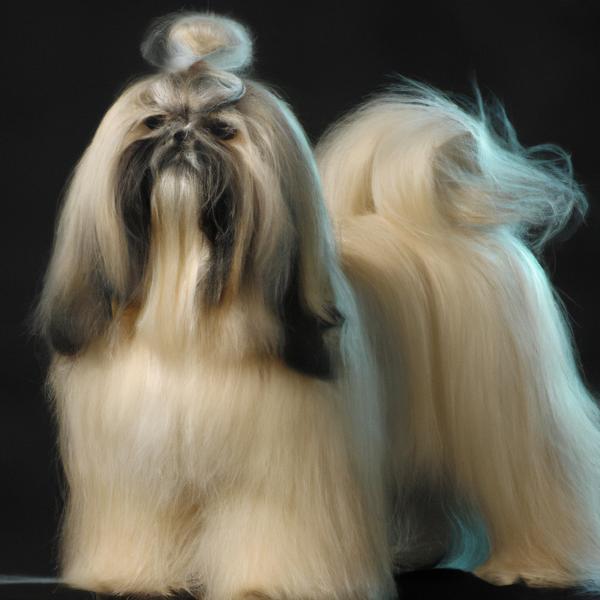Silkese vs. Eskimo Schnauzer: Breed Differences and Similarities
Hypoallergenic
Are Silkeses or Eskimo Schnauzers hypoallergenic, or neither?
While no dogs are truly 100% hypoallergenic, Silkeses are about as close as it gets, making them an ideal pet if you are an allergy sufferer.
Unfortunately, the Eskimo Schnauzer is not hypoallergenic, making it not a good choice for a dog lover who suffers from pet allergies.
Temperament
What are the personalities of Silkese and Eskimo Schnauzer dogs?
Active
Playful
Alert
Intelligent
Friendly
Responsive
Docile
Quick
Gentle
Tempered
Joyful
Sweet
Inquisitive
Easygoing
Playful
Independent
Energetic
Protective
Alert
Intelligent
Friendly
Devoted
Lively
Trainable
Good-natured
Shedding Level
Do Silkeses shed more than Eskimo Schnauzers, or which breed sheds more, Silkeses or Eskimo Schnauzers?
Silkeses shed very little hair, making them a great choice for those who dislike excess hair in the house.
Eskimo Schnauzers are moderate shedders, but regular brushing can reduce shedding and maintain coat health.
Origin
What is the origin of Silkese and Eskimo Schnauzer dog breeds?
Uknown
United States
Ancestry
What are the origins of Silkese and Eskimo Schnauzer breeds?
Silky Terrier and Maltese
Schnauzer and American Eskimo
Breed recognition
Which kennel clubs recognize/register Silkese and Eskimo Schnauzer?
ACHC = American Canine Hybrid Club
DBR = Designer Breed Registry
DDKC = Designer Dogs Kennel Club
DRA = Dog Registry of America, Inc.
IDCR = International Designer Canine Registry®
DRA = Dog Registry of America, Inc.
Date of Birth
When were Silkese and Eskimo Schnauzer breeds first developed?
Unknown
Eye Color Possibilites
What are the eye colors of Silkese and Eskimo Schnauzer dogs?
Brown
Brown
Nose Color Possibilites
What are the natural nose colors of Silkese and Eskimo Schnauzer?
Black
Black
Coat Color Possibilites
What are the natural colors of the coat for Silkese and Eskimo Schnauzer breeds?
Black
Gray
Brown
White
Cream
White
Coat Length
What is the typical coat length for Silkese and Eskimo Schnauzer breeds?
Silkeses have longer coats compared to most dogs.
Eskimo Schnauzers have coats that can be either short or medium in length.
Coat Density
What is the density of the coat of Silkese and Eskimo Schnauzer?
Coat Texture
What is the hair texture of Silkese and Eskimo Schnauzer?
Straight
Litter Size
What is the usual litter size for Silkese and Eskimo Schnauzer?
A Silkese can have a litter of 3-5 puppies on average. However, it's worth noting that the size of the litters can vary greatly. Factors that can influence litter size include the health of the mother, breeding history, and genetics.
An Eskimo Schnauzer can have a litter of 4-8 puppies on average. However, it's worth noting that the size of the litters can vary greatly. Factors that can influence litter size include the health of the mother, breeding history, and genetics.
Adaptability
Silkeses are known for their adaptability and can adjust well to different environments and lifestyle changes.
Eskimo Schnauzers have average adaptability to changes in lifestyle and living environments compared to other breeds.
Health Issues
Between Silkese and Eskimo Schnauzer, which breed is more prone to health problems?
While the Silkese breed is generally healthy, occasional vet check-ups are still necessary to address any health concerns.
Eskimo Schnauzers are susceptible to health issues like all breeds, so it's important to monitor their health and seek veterinary care when needed.
Major Concerns
What are the major health concerns for Silkese and Eskimo Schnauzer breeds?
Patellar Luxation
Hypoglycemia
Progressive Retinal Atrophy (PRA)
Hip Dysplasia
Addison's Disease
Pancreatitis
Minor Concerns
What minor health issues should be kept in mind when owning Silkese and Eskimo Schnauzer?
Diabetes
Portosystemic Shunt
Legg-Calve Perthes Disease
Progressive Retinal Atrophy
Cataracts
Bladder Stones
Atopy Dermatitis
Canine Cushing’s Disease
Occasional Tests
What occasional tests are recommended for Silkese and Eskimo Schnauzer breeds?
Eye Examination
Ear Examination
Urinalysis
Blood Count
Eye Examination
Physical Examination
Radiographs
Social Needs
Silkese vs Eskimo Schnauzer social needs comparison
Silkese and Eskimo Schnauzer have very high social needs. These needs include regular mental and physical stimulation, a job or purpose, and companionship. They thrive in environments where they have a lot of interaction with humans and other dogs.
Sleeping Need
Which of the two sleeps the most/least: Silkese or Eskimo Schnauzer?
Silkeses have moderate energy levels and typical sleep patterns of 12-14 hours per day.
Eskimo Schnauzers are active and require sufficient sleep to stay healthy.
Mouthiness
Mouthiness Comparison: Silkese vs Eskimo Schnauzer?
Roaming urge
Silkese vs Labrador: Running away tendency?
Prey Drive
Silkese or Eskimo Schnauzer - which breed has a higher level of prey drive?
Activity Level
Which breed has higher energy, Silkeses or Eskimo Schnauzers?
Silkeses are low-energy dogs. This breed make a great companion for a relatively inactive person. Silkese dogs require a few short daily walks, and then they're happy snuggling next to you for the rest of the day.
Eskimo Schnauzers are high-energy dogs. They need mental as well as physical exercise. These dogs require a lot of your involvement and without it they can, and will, become problematic dogs.
Tolerance of being left alone
Walks per Week
How many miles should Silkese or Eskimo Schnauzer walk each week?
There's really no limit to how far you walk your dog as long as they're comfortable. For Silkese, it's at least 7 miles / week. Just remember to build distance and stamina gradually over time.
There's really no limit to how far you walk your dog as long as they're comfortable. For Eskimo Schnauzer, it's at least 9 miles / week. Just remember to build distance and stamina gradually over time.
Activity per Day
Do Silkeses or Eskimo Schnauzers require more exercise?
In general most Silkeses usually need at least 45 minutes of exercise daily. This can be spread across the day and include all sorts of high-energy activities, like walking, running and playing.
In general most Eskimo Schnauzers usually need at least 60 minutes of exercise daily. This can be spread across the day and include all sorts of high-energy activities, like walking, running and playing.
Grooming
Which breed is easier to maintain in terms of grooming, Silkeses or Eskimo Schnauzers?
Silkese and Eskimo Schnauzer are breeds of dogs that require a significant amount of grooming. They will also require regular trims, and a professional groomer's help is often necessary to keep their coat in good condition. They may also need regular baths to maintain their coat and skin.
Brushing Frequency
What is the recommended brushing frequency for Silkese and Eskimo Schnauzer dogs?
Ideally, Silkese should be brushed at least 2 or 3 times a week (preferably daily) improve shedding.
Eskimo Schnauzer should be brushed at least once a week. Of course you can give them more frequent brushes if you find that they are still shedding a lot
Brushing Tools
What brushing tools are used for Silkeses and Eskimo Schnauzers?
Pin Brush
Slicker Brush
Scissors
Nail Clipper
Slicker Brush
Deshedder
Nail Clipper
Cups
How much food should be given to Silkese or Eskimo Schnauzer in cups?
For an average 9-14 pound (4 - 6 kg) Silkese feed 1.5 cups daily. But, keep in mind, the amount you feed is going to be dependent on the quality of the food you are feeding.
For an average 10-30 pound (5 - 14 kg) Eskimo Schnauzer feed 1 cups daily. But, keep in mind, the amount you feed is going to be dependent on the quality of the food you are feeding.
Daily Cost
Which breed has a higher daily cost, Silkese or Eskimo Schnauzer?
The average cost of a Silkese is somewhere $1.00 - $1.40 per day.
The average cost of an Eskimo Schnauzer is somewhere $1.10 - $1.40 per day.
Monthly Cost
Which breed has a higher monthly cost, Silkese or Eskimo Schnauzer?
The average per month expenses of a Silkese is between $28 - $42. This makes an average of $336 - $504 per year. It will be on the higher side when the dog is still small because it will need more frequent visits to the vet, shots.
The average per month expenses of an Eskimo Schnauzer is between $35 - $42. This makes an average of $420 - $504 per year. It will be on the higher side when the dog is still small because it will need more frequent visits to the vet, shots.
Sensitivity Level
How do Silkese and Eskimo Schnauzer compare in sensitivity?
These breeds are more sensitive than others and easily overwhelmed by new surroundings and people. Silkese and Eskimo Schnauzer need gentle handling and a calm, stable home environment with positive reinforcement training.
Apartment Friendly
Which breed is more apartment-friendly: Silkese or Eskimo Schnauzer?
Silkeses make excellent apartment dogs, being fairly active indoors and not requiring a yard.
The Eskimo Schnauzer is a great apartment dog, thriving with sufficient exercise and time outside as part of their daily routine.
Child Friendly
Do Silkeses or Eskimo Schnauzers have a friendlier temperament towards children?
Silkese and Eskimo Schnauzer are kid-friendly dogs. They are good with children and excellent dogs with children if they are socialized and trained at a young age.
Senior-friendly
Which dog is more suitable as a pet for the elderly - Silkese or Eskimo Schnauzer?
Cat Friendly
Do Silkese or Eskimo Schnauzer breeds have a better compatibility with cats?
Silkeses and Eskimo Schnauzers are one of the best dogs for cats. They accept cats readily as part of the family. However, this dog breed should be trained to not chase after the kitty early on
Dog Friendly
Which breed is more sociable with other dogs: Silkese or Eskimo Schnauzer?
Silkeses and Eskimo Schnauzers are friendly, active and loyal companions. They generally love to be around other dogs, making them a good family pet for some.
Pet friendly
How do Silkese or Eskimo Schnauzer dogs interact with other pets?
Stranger Friendly
Which breed is more friendly with strangers: Silkese or Eskimo Schnauzer?
Silkeses are friendly but may bark at strangers, and training is easy due to their intelligence.
Eskimo Schnauzers are averagely friendly around strangers but benefit from early socialisation.
Playfulness
Which breed is more playful between Silkese and Eskimo Schnauzer?
Silkeses are a playful breed that needs daily playtime to be happy.
Eskimo Schnauzers are very playful, so adopting an older one might be a better option for a more relaxed experience.
Trainability
How do the trainability levels of Silkeses and Eskimo Schnauzers compare?
Silkese and Eskimo Schnauzer dogs are known for their ease of training and ability to learn quickly, making them a popular choice for pet owners and trainers alike.
Compare Silkese with other breeds
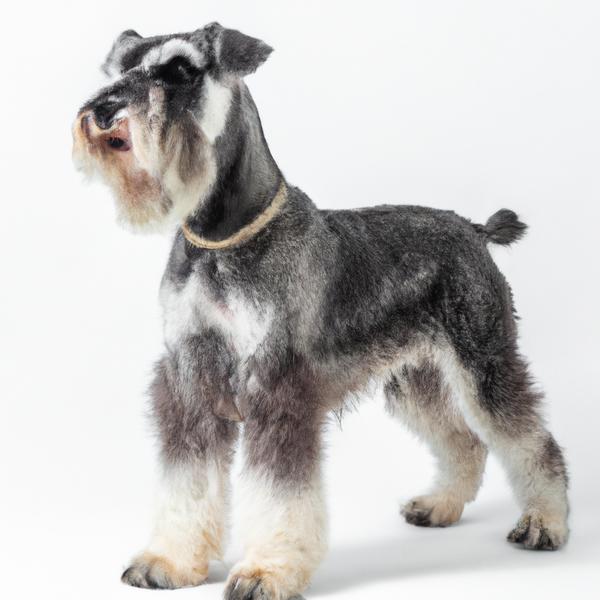
Eskimo Schnauzer
Silkese vs Eskimo Schnauzer
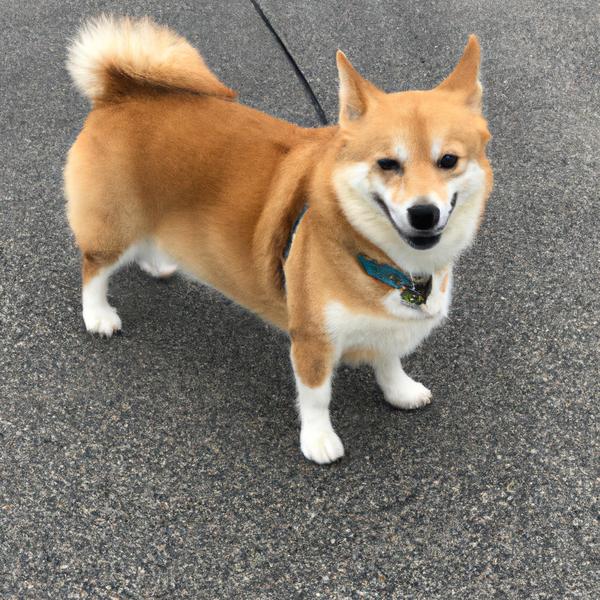
Shiba Corgi
Silkese vs Shiba Corgi
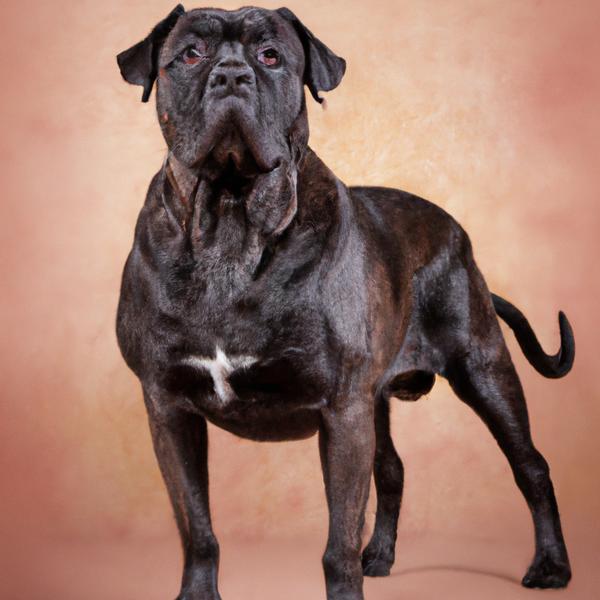
Cane Corso
Silkese vs Cane Corso
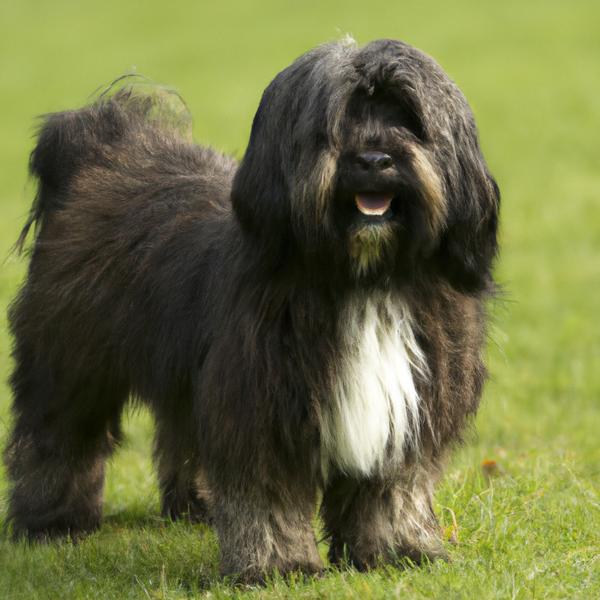
Lowchen
Silkese vs Lowchen
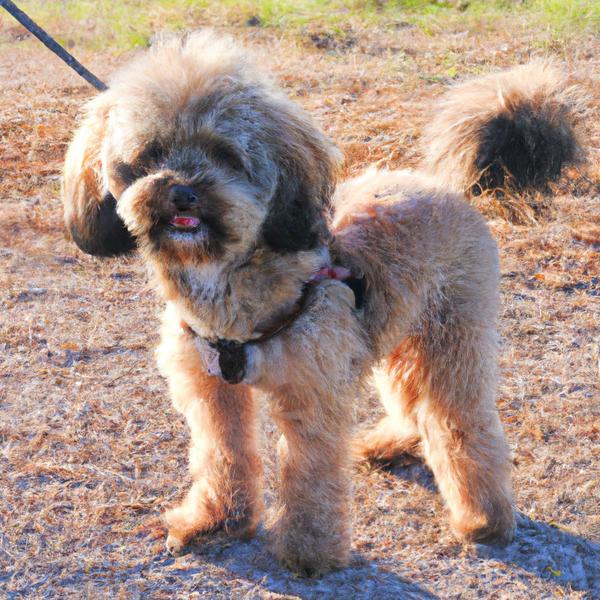
Poo-Ton
Silkese vs Poo-Ton
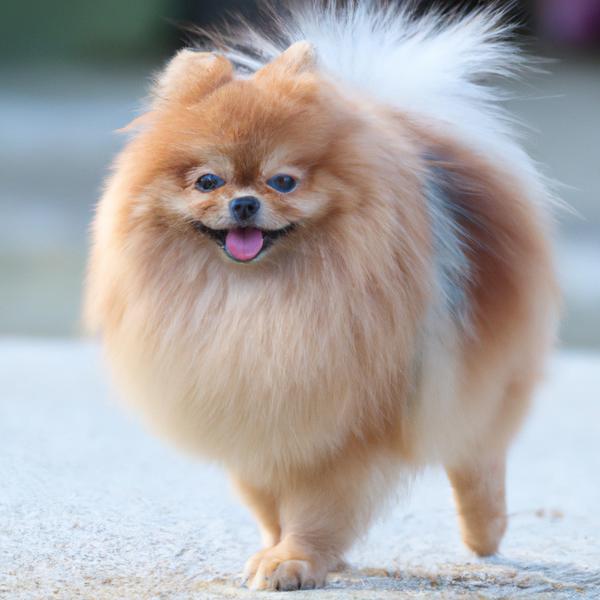
Paperanian
Silkese vs Paperanian
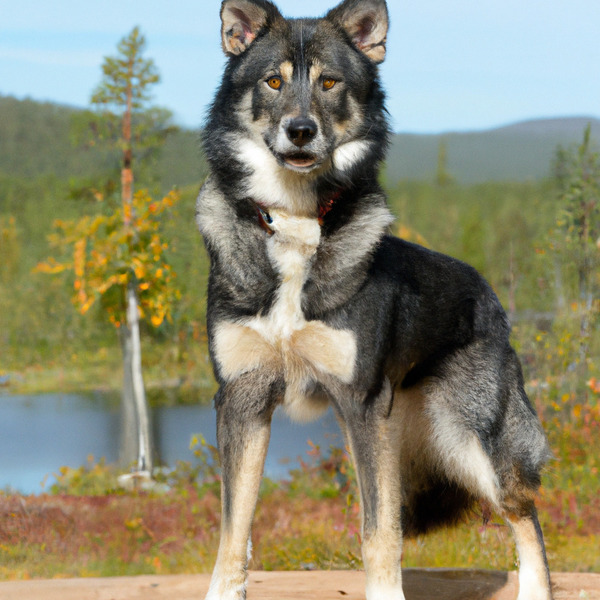
Lapponian Herder
Silkese vs Lapponian Herder
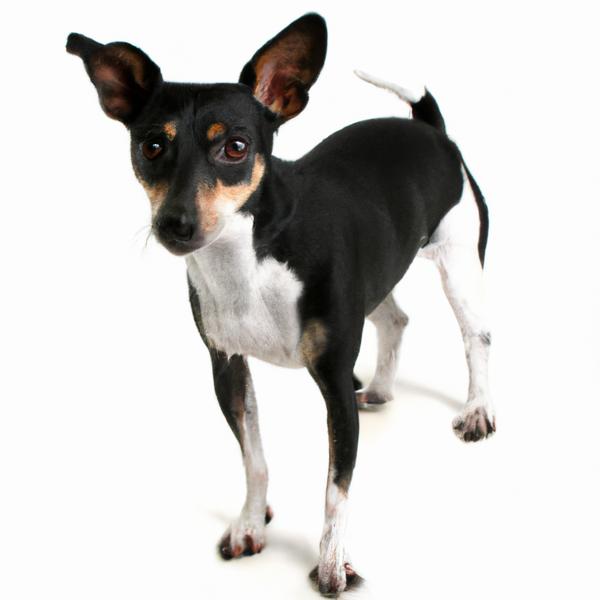
Rat Terrier
Silkese vs Rat Terrier
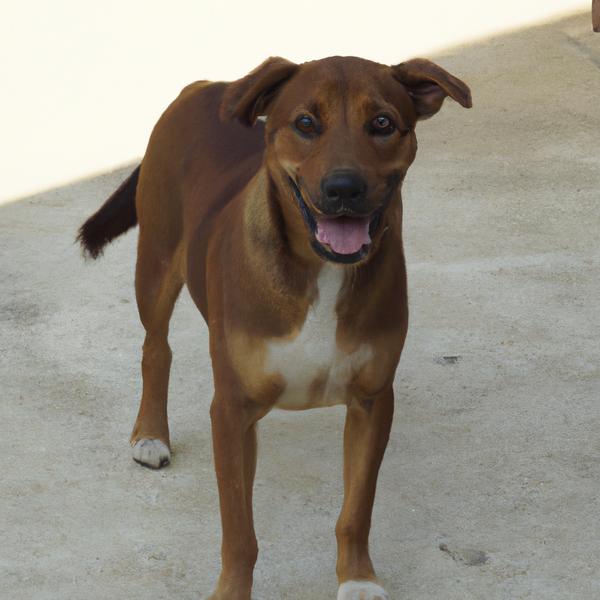
Rottle
Silkese vs Rottle
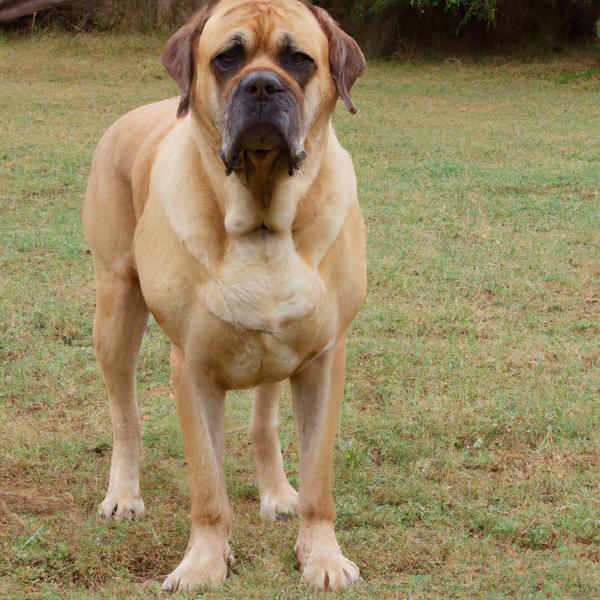
Golden Bullmastiff Retriever
Silkese vs Golden Bullmastiff Retriever
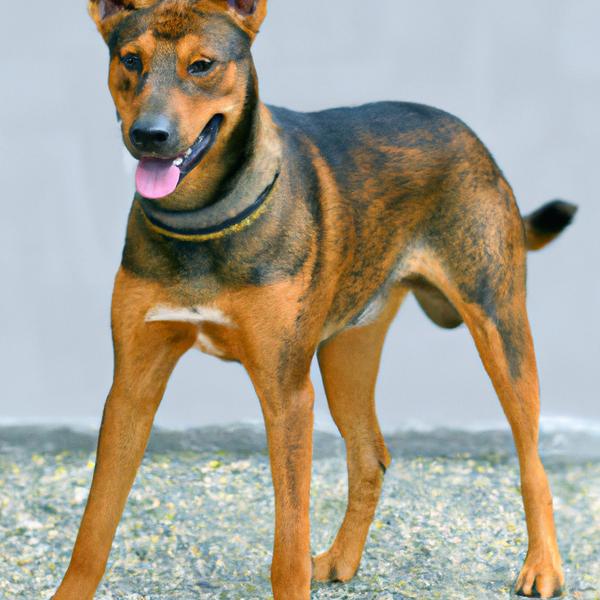
Bostalian
Silkese vs Bostalian
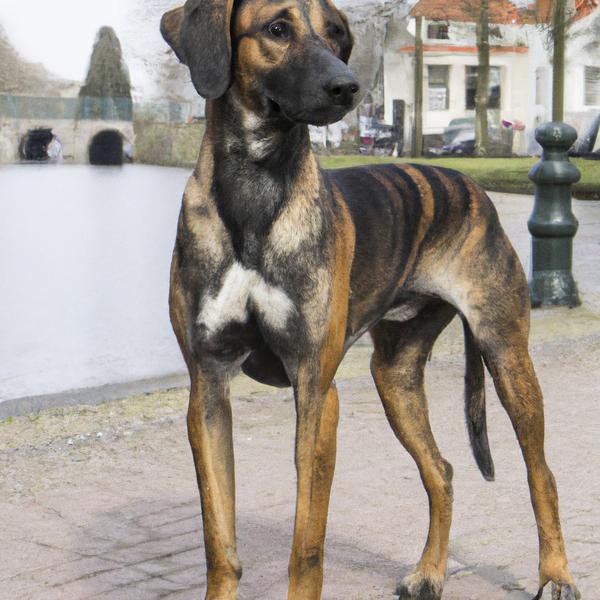
Mali-dutchie
Silkese vs Mali-dutchie
